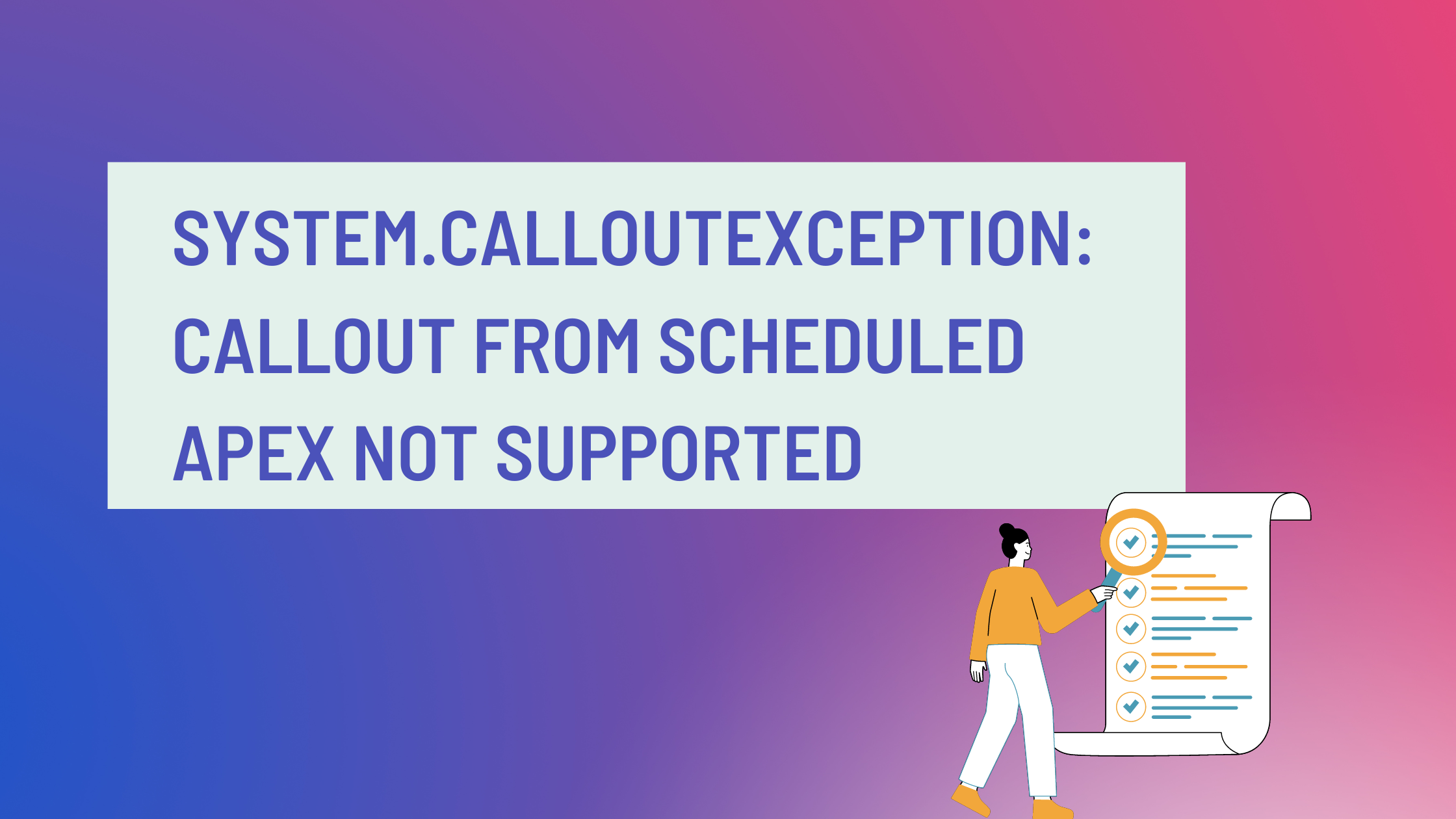Salesforce Sales Cloud is a powerful solution for organizations looking to enhance their sales processes and improve customer relationships. Implementing Sales Cloud involves evaluating requirements, planning and designing, setting up the system, customizing for automation, integrating with other systems, training users, and continually refining the implementation.
The benefits of implementing Salesforce Sales Cloud are numerous. It boosts sales productivity by providing a unified platform for managing leads, contacts, opportunities, and customer data. Collaboration and communication among sales team members are improved through real-time information sharing and tools like Chatter.
Sales Cloud also offers a 360-degree view of customers, enabling personalized approaches and better customer insights. Its advanced reporting and analytics capabilities provide valuable insights into team performance, sales pipelines, and revenue forecasts, facilitating data-driven decision-making and sales strategy optimization.
Scalability and flexibility are key advantages of Sales Cloud, as it can adapt to evolving business needs and seamlessly integrate with other applications. Mobile access through Salesforce mobile applications empowers field sales teams and enhances responsiveness.
In summary, Salesforce Sales Cloud implementation brings increased sales efficiency, improved customer relationships, and better business insights. It drives revenue growth and success by streamlining sales processes, facilitating collaboration, and providing a comprehensive view of customers.



















